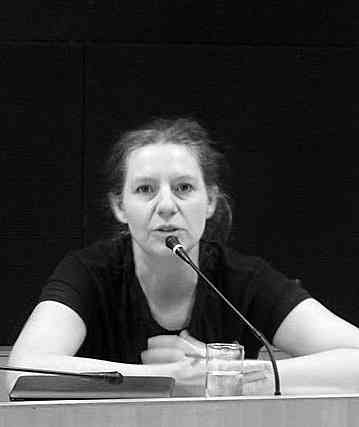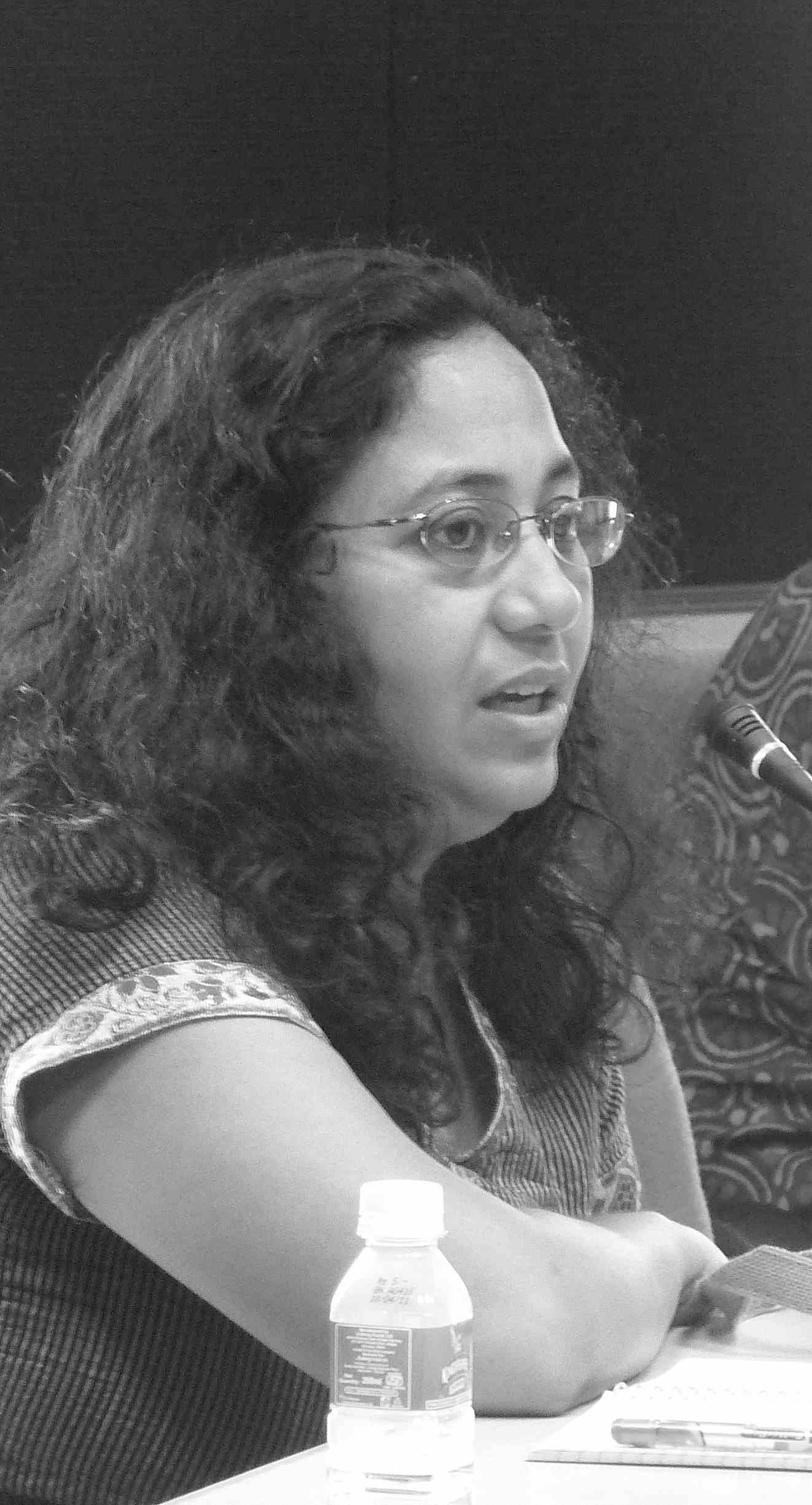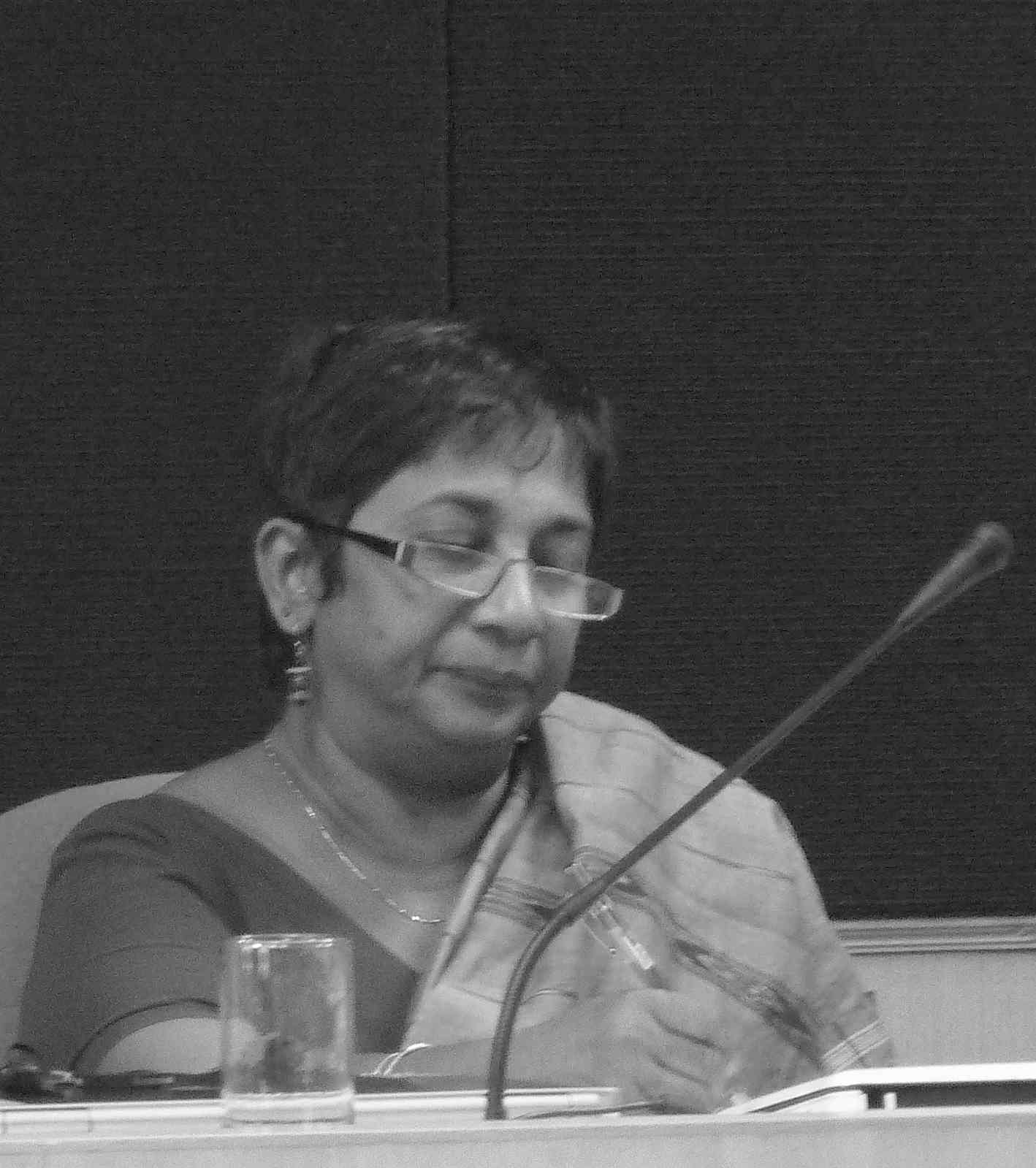|
|
|
|
Reflections of CITIGEN research partners from the mid-research workshop help in April 2011.
-
Sylvia Estrada-Claudio - Director, Centre for Women’s Studies, University of the Philippines, Philippines 
 Sylvia combines insights from theory and practice to caution feminists by highlighting the double-edged nature of ICTs and the need to interrogate the congruences and perhaps find the incongruences that can provide an opening for destabilisations and resistances in emergent network spaces. Sylvia combines insights from theory and practice to caution feminists by highlighting the double-edged nature of ICTs and the need to interrogate the congruences and perhaps find the incongruences that can provide an opening for destabilisations and resistances in emergent network spaces.
-
Kate Lappin - Regional Coordinator, Asia Pacific Forum on Women, Law and Development, Thailand 
 Kate explores the possibilities that ICTs offer to build solidarity and power amongst migrant domestic workers, while challenging the exclusionary practices of citizenship narratives. Kate explores the possibilities that ICTs offer to build solidarity and power amongst migrant domestic workers, while challenging the exclusionary practices of citizenship narratives.
-
J. Devika - Associate Professor, Centre for Development Studies, India 
 Devika looks at the processes of co- creation, with constant engagement between the online and offline context, can create active and self-reflective connections among individuals. Devika looks at the processes of co- creation, with constant engagement between the online and offline context, can create active and self-reflective connections among individuals.
-
Chandrika Sepali Kottegoda - Director, Women and Media Collective, Sri Lanka 
 Sepali questions how ICTs can be instrumental in bringing a shift in the nature of the public sphere, how women are to reassert their rights in these spaces and the new identities and relations thus forming - from the position of Southern feminists. Sepali questions how ICTs can be instrumental in bringing a shift in the nature of the public sphere, how women are to reassert their rights in these spaces and the new identities and relations thus forming - from the position of Southern feminists.
|
|
|
|
|
|